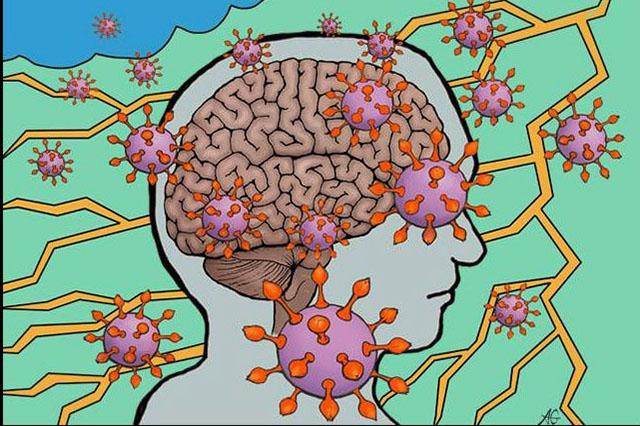29% say boredom has been the overriding emotion during the pandemic.
Respondents believe ‘Gen Z’ has missed out the most during social isolation.
Interactive map included showing results broken down across the U.S.
Devoid of social interaction over the past year, many of us are well-acquainted with being bored at home. You’ve read every magazine and watched your entire Netflix list; started a garden (which seems to be taking forever to grow) and made every banana bread recipe under the sun; but no matter what, your brain feels sluggish and unstimulated. Maybe you’ve accidentally put the milk in the cupboard and cereal in the fridge one too many times lately… Enter the term ‘pandemic brain’: the frustratingly subtle, gradual mental deterioration many of us have struggled with over the course of the pandemic.
Spider Solitaire Challenge conducted a survey of 3,000 to find out how many of us have experienced the dreaded pandemic brain and moreover, how we’re attempting to keep our minds sharp. Overall, over half (58%) of Arkansans [who responded to the survey] say they have experienced pandemic brain, so if you’ve noticed a decline in your cognitive abilities during this time, you’re not alone – in fact, the national average is 48%. Moreover, nearly 1 in 5 (18%) found they’ve been making more mistakes at work over the last year.
And it’s not all in your head either (pardon the pun); as it turns out, chronic stress has been linked to shrinking of the prefrontal cortex – the part of your brain responsible for focus, memory and learning. Health anxiety, combined with endless doomscrolling through bad news on social media, has also added to our stress during this time. Over a prolonged period, cortisol – the stress hormone – also increases risk of heart disease, mood disruptions and sleep trouble.
View ‘Pandemic Brain’ results across America with this interactive map
Refreshingly, however, many have tried to help themselves out the boredom rut: 79% say they have proactively taken steps during lockdown to keep their brain sharp with activities like crosswords and puzzles. And nearly half (45%) of respondents said playing games online has helped keep their brain sharp during the pandemic. Games that require strategy and forward-thinking are great for stimulating parts of the brain that we tend not to use on an everyday basis – especially if we’re isolating.
It appears the thing we most have in common a year into the pandemic is boredom: 29% of respondents say this an adverse feeling they’ve experienced most since the coronavirus began. Nearly a quarter (24%) say they’ve picked up the habit of being lazy when it comes to exercise, and 23% have felt loss in interest in general. Nearly 1 in 5 (17%) respondents reported trouble sleeping and 7% struggled with untidiness at home.
Lastly, when asked which generation suffered the greatest loss in terms of social isolation since the start of the pandemic, nearly a third (32%) said Generation Z, who were born between 1996 and 2010. Maybe that’s because many are teenagers or younger adults, who are in the process of developing social relationships. Being apart from others in these younger years can possibly have an impact on social skills in years to come.
‘If you’ve found yourself in a fog of forgetfulness and fatigue over the last year, it’s reassuring to remember that so many others are experiencing similar feelings. Our bodies and minds have been under additional stress they’re not typically used to,’ says Neal Taparia of Spider Solitaire Challenge. ‘If you’re craving mental stimulation, playing games online and puzzle-solving are a great way to exercise skills you may not use on an everyday basis.’
For more information, please contact us on the details below:
white hot pr | lifestyle | moc.rptohetihw@ofni, 3415 NE 25th Avenue, Portland, Oregon, 97212
[You are also welcome to play in the arcade games for free here on Hallmark Times.]



